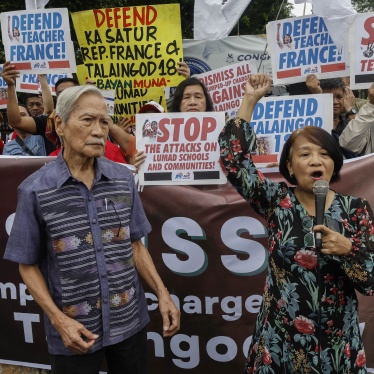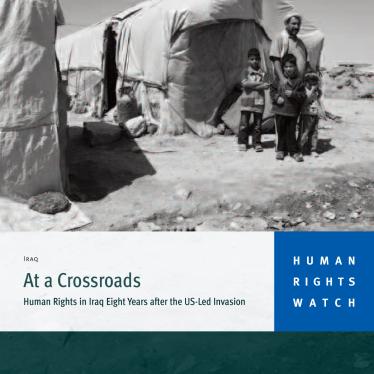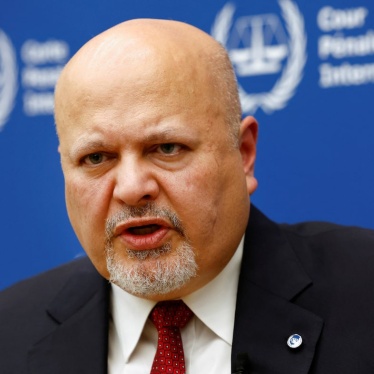Amnesty International and Human Rights Watch welcome Nigeria’s cooperation with the review process and its positive response to some of the recommendations made by other States in the UPR Working Group.
We remain deeply concerned about pervasive violence against women, including rape of women and girls in internally displaced persons camps, as well as sexual violence against female detainees by police, sometimes in order to extract confession. These violations have continued, despite the passage of the Violence against Persons Prohibition (VAPP) Act of 2015. While we welcome Nigeria’s acceptance of recommendations to intensify efforts to combat gender-based violence, we urge the government to hold perpetrators accountable and to ensure that victims can seek legal redress.
Since Nigeria’s northeast conflict began in 2009, Amnesty International and Human Rights Watch have documented systematic human rights abuses by Boko Haram and government security forces, including arbitrary arrests, torture, enforced disappearances, unlawful killings and extrajudicial executions.
We welcome Nigeria’s acceptance of recommendations to conduct investigations into allegations of rights violations by some government security forces, but we remain concerned by the lack of accountability for crimes committed by such forces and call on the government to ensure perpetrators are brought to justice in fair trials.
During the 2018 review several States called on the Nigerian government to strengthen the protection of the rights of freedom of expression, association and peaceful assembly. Amnesty International and Human Rights Watch have called on the government to ensure that journalists and other media professionals can operate without fear of arrests or other reprisals for exercising their right to free speech.
We are also concerned that the government rejected two recommendations that called for extension of those rights to all “without distinction”. Human Rights Watch has called on authorities to end arrests, detention and prosecutions based on real or perceived sexual orientation and gender identity. We urge Nigeria to confirm the universality of these rights.






